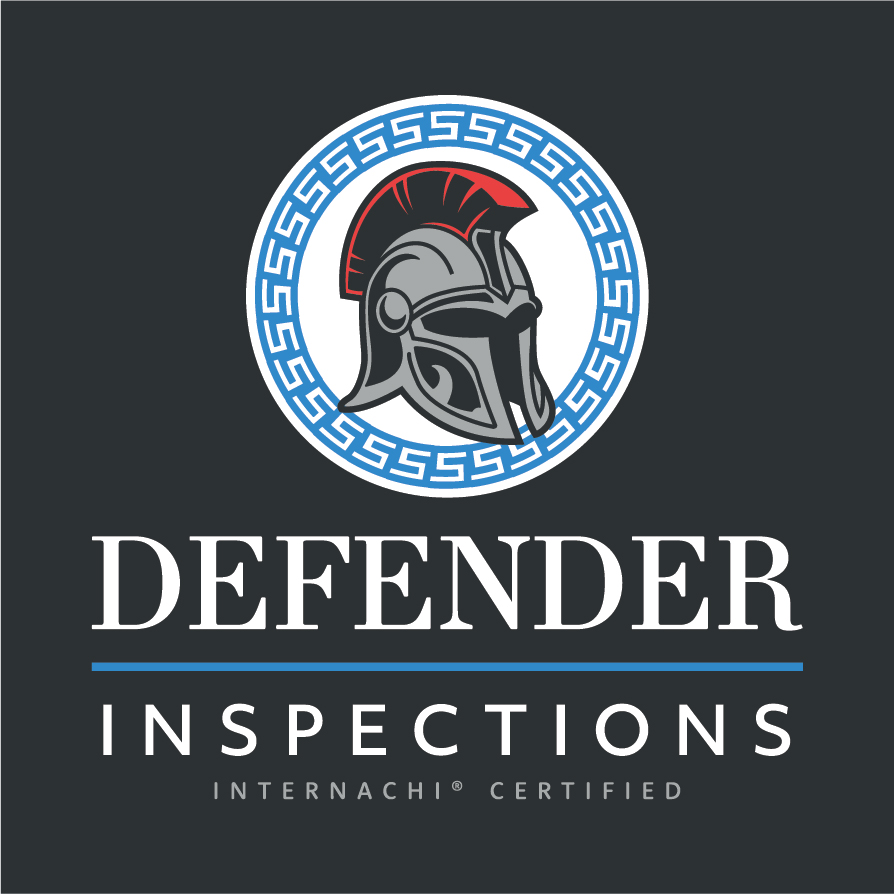-
Key Considerations When Purchasing a Home: Spotting Big Ticket Defects
Buying a home is one of the most significant investments many people will make in their lifetime. It's not just about finding the perfect layout or the ideal neighborhood; it's also about ensuring that the property is structurally sound and free from major defects that could cost a fortune to rectify. Here's a guide to spotting big ticket defects when purchasing a home:
- Foundation Issues: A solid foundation is crucial for the stability of a home. Look for cracks or bowing in the foundation walls, uneven floors, or doors and windows that stick. These could indicate potential foundation problems.
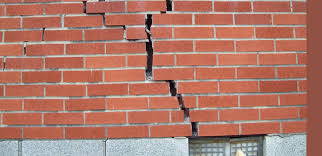
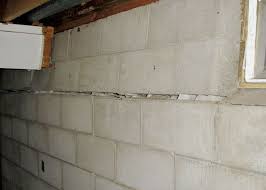
- Roof Condition: A damaged roof can lead to leaks and water damage inside the house. Check for missing or broken shingles, sagging areas, or signs of water stains on the ceiling.
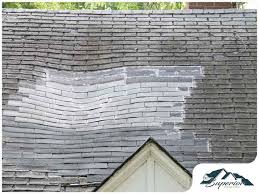
- Electrical Wiring: Outdated or faulty electrical wiring can be a serious safety hazard. Look for exposed wires, flickering lights, or outlets that don't work. It's also wise to ask for the age of the electrical system and if it has been updated to meet current safety standards. Certain brand and panel types to look out for: Federal Pacific Electric (FPE) Panels, Zinsco Panels, Pushmatic Panels by Bulldog Electric Products, Fuse Box Panels
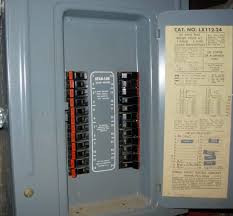
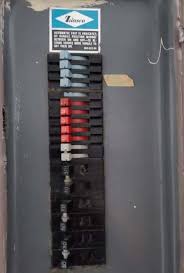
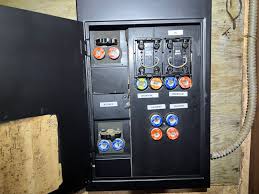
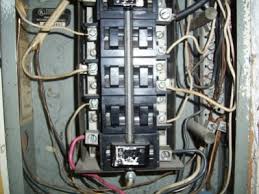
- Plumbing Problems: Issues with plumbing can result in water damage and mold growth. Check for leaks under sinks, water stains on walls or ceilings, and poor water pressure. Also, ask about the age and condition of the water heater and main sewer line.
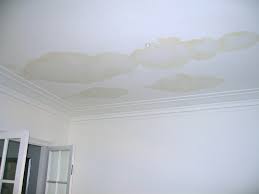
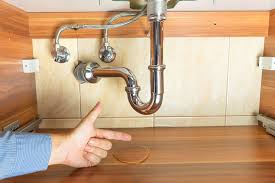
- HVAC System: A malfunctioning heating, ventilation, and air conditioning (HVAC) system can be costly to repair or replace. Make sure to inquire about the age of the system, its maintenance history, and any recent upgrades. On average, HVAC systems typically last between 10 to 15 years for air conditioners and heat pumps, and around 15 to 20 years for furnaces.
- Structural Integrity: Inspect the walls, ceilings, and floors for any signs of structural damage such as cracks, bulges, or bowing. Pay attention to the quality of construction and whether there are any signs of poor workmanship.
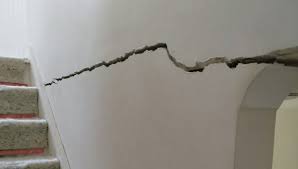
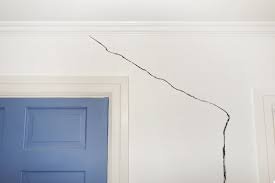
- Pest Infestations: Termites, rodents, and other pests can cause extensive damage to a home if left unchecked. Look for signs of pest infestations such as droppings, gnaw marks, or hollow-sounding wood.
- Environmental Concerns: Be aware of environmental hazards such as radon, mold, asbestos, or lead paint. Consider hiring professionals to conduct inspections for these issues, especially if the property is older.
Spotting these big ticket defects requires a keen eye and attention to detail. While it's essential to visually inspect the property yourself, it's also advisable to hire a qualified home inspector who can provide a thorough assessment of the home's condition. Investing in a comprehensive inspection can save you from expensive surprises down the road and give you peace of mind knowing that you're making a well-informed decision. Remember, a little diligence now can save you a lot of headaches later on in your homeownership journey.
